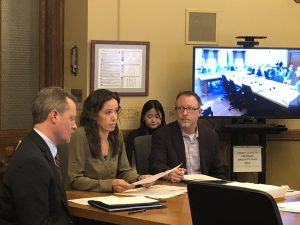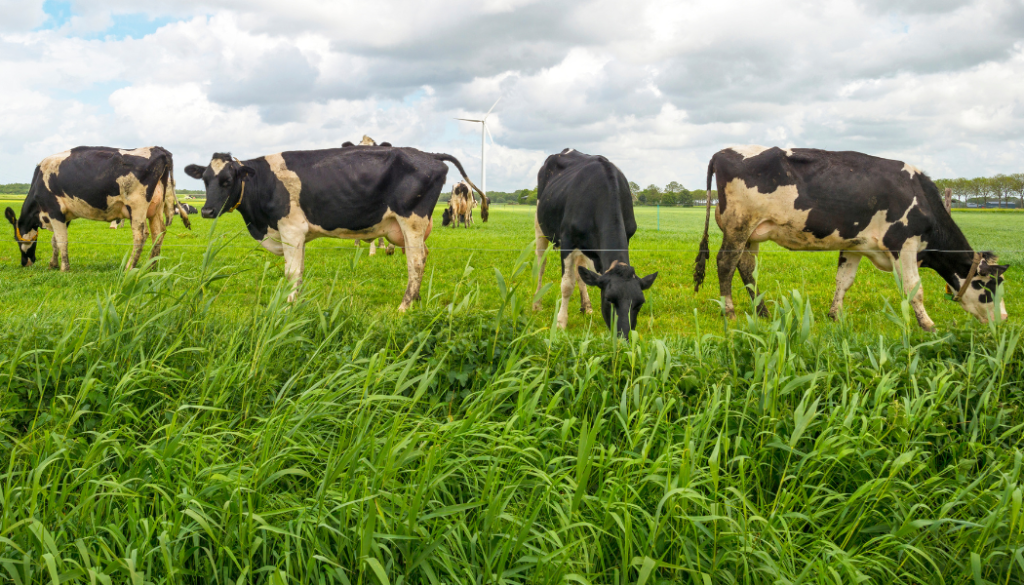Last fall, Clean Wisconsin and our partners at the Dairy Business Association, Wisconsin Land and Water and the Nature Conservancy worked with Republican and Democratic state lawmakers to introduce legislation that creates a program to help farmers establish managed grazing systems on their land.
The legislation creates and funds a Transition to Grass program at the Department of Agriculture, Trade and Consumer Protection to provide grants and technical assistance to farmers for establishing a grazing system for livestock on their farms.
Managed grazing is a farming practice where livestock are systematically rotated through pastureland to optimize their nutrition and the land’s health. In addition to providing excellent nutrition to pastured livestock, managed grazing on perennial grasslands provides significant soil health and water quality benefits. The pastureland acts like a sponge, capturing and filtering nutrients, mitigating flooding in rural areas by absorbing stormwater, and building soil and organic matter.
Clean Wisconsin worked with Republican Senator Jesse James and Republican Representative Todd Novak to author the legislation, which was introduced in November with over twenty Republican and Democratic cosponsors from the Senate and Assembly, signaling significant bipartisan support in both houses.
Within weeks, the Assembly Committee on Agriculture held a public hearing. Farmers and leading agricultural organizations from across the state came to Madison to testify in favor of the bill. Farmers highlighted that while there are existing federal opportunities for farmers to begin implementing managed grazing systems, the funding and technical assistance is highly competitive and inconsistent. As such, this legislation would help fill a gap and provide increased access to resources for grazing practices. Soon after the public hearing, the Assembly Committee on Agriculture voted unanimously to recommend the bill for passage on the Assembly floor.
In January, the Senate Committee on Agriculture and Tourism also held a public hearing. Once again, farmers and organizations testified in favor of the bill, highlighting the same issues with support from federal funding. Clean Wisconsin’s Water and Agriculture Program Directory, Sara Walling, personally contacted farmers around the state to make sure they seized the opportunity to make their voices heard on this important legislation.

Since the bill seeks to create and fund a new program and add a new position at the Department of Agriculture, Trade and Consumer Protection, it needs to pass as part of the state budget during the next legislative session in 2025. Clean Wisconsin worked to introduce legislation this session to build bipartisan support and awareness for the initiative. The legislature has adjourned, and Clean Wisconsin will work throughout the rest of 2024 to continue to build support for the legislation among legislators, farmers and agriculture organizations so we can successfully secure funding and create the program in 2025.
With the success of the two public hearings and current bipartisan support, we are well-positioned for success next year. Stay tuned for updates and opportunities to lend your voice to this effort.

